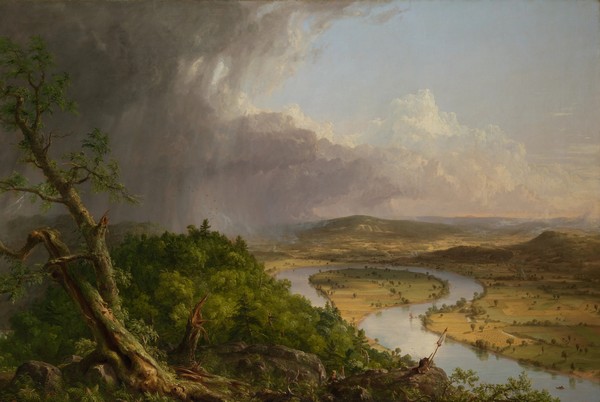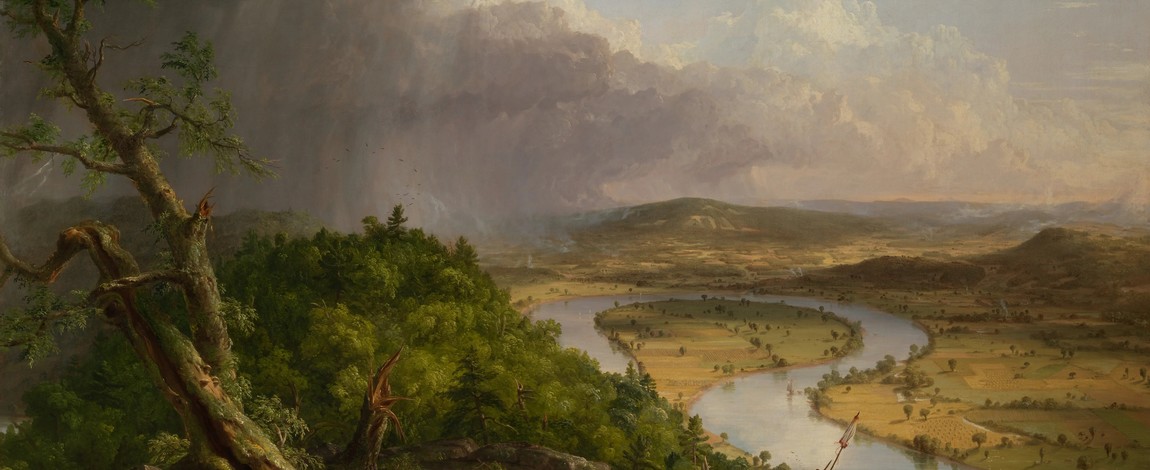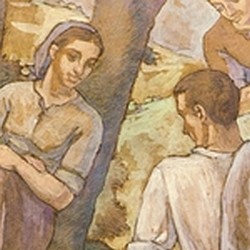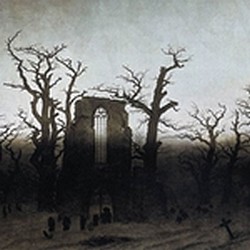
Joseph Marx, born in Graz (Austria) in 1882, experienced a similar situation to that of so many young people of his time, of decades later and, even, of our time: when a child, it was evident that he was a gifted musician; later, he became an excellent pianist who aspired to be a composer, but his father wanted him to study something more important as law. As many other young person back then and now , he wasted his time in the classroom until he left his career to study Philosophy and Art History; by 1909 he had resumed his studies of composition and defended his doctoral thesis, research on the psychological effects of different elements of music.
I hope that his father, who was upset when he abandoned the law studies, was proud of his career as educator: in 1914 he entered the Vienna Academy of Music, and in 1922 became the director; it was then that he promoted its conversion to Hochschüle für Musik (i.e., equivalent to a university degree). In the 1930s he was invited to organize the musical system in Turkey, and he devoted to teaching for over forty years.
As a composer, Joseph Marx was best known for his Lieder; when he finished his studies he was already a successful composer and his recitals (because he himself accompanied his singers) were much requested. In fact, this was his most productive period: between 1908 and 1912 he composed about one 120 of his approximately 150 Lieder; after 1916 there was a long silence until the 1930s, and after 1935 he wrote only three more. If you look at the chronology of his compositions, you'll see that the last works were written during the late 1940s (Marx died in 1964) and that chamber and orchestral works are found mostly from the 1920s; it appears that it was a reaction to the fame won with Lieder; like Hugo Wolf, Marx didn't like to be known as a composer of songs (i.e., of a minor genre).
He wrote most of his Lieder in the midst of a relative silence : Wolf had died in 1903, leaving a huge work Marx knew well; Strauss had stopped written (apparently definitively) Lieder in 1905, and Mahler, who died in 1911, had written his last in 1904. Despite being similar in age to Schönberg, Berg and Webern, Marx stayed away from the new musical trends, which he had studied in depth, and his Lieder are included in that Postromanticism that would last until the 1950s. Those songs that came to be so popular and so loved virtually disappeared from the repertoire during the last decades, but you can recently hear them here and there on recordings and concerts; maybe these small doses announce a restoration over the next years.
To talk about this week's Lied, we go back to the time when Marx finished his studies. In 1909, he met the writer Anton Wildgans, a year older than him, at a reading of his work. Mutual admiration favoured a friendship that intensified when Marx moved to Vienna; then they would met once a week, often to play music together because Wildgangs was a good violinist. In 1916 Marx composed a cycle of songs with poems by his friend, Vier Lieder nach Dichtungen von Anton Wildgans, who had the particularity that each song had a different obbligato instrument, in addition to voice piano: flute, cello, violin, and viola. We will listen to the last one, Durch Einsamkeiten (Through solitudes), for mezzo (Christiane Stotijn), piano (Joseph Breinl) and viola (Antoine Tamestit). I hope you'll like this sample of the songs of Joseph Marx.
Durch Einsamkeiten,
Durch waldwild Geheg,
Über nebelnde Weiten
Wandert mein Weg.
Fern über dem Berge
An ruhsamer Flut
Harrt meiner ein Ferge,
Der rudert mich gut.
An ein stilles Geländ',
Ewig gemieden
Und ewig ersehnt:
Zum Frieden...
Through solitudes,
Through enclosures of wild forests,
Over fog-shrouded expanses
My path takes me.
Far over the mountain
At peaceful waters
A ferryman awaits me,
He shall row me well.
To a silent country,
Eternally avoided
And eternally desired -- --
To peace...




 This week...
This week... What d...
What d...











Comments powered by CComment